Auxilliary and Defective Verbs:
(1) Auxiliary Verbs are helping verbs; as, be, have, may, do, will etc. Defective Verbs are those which cannot be used in all the tenses and moods; as, can, could, may, might, will, shall, dare, need, ought, must, etc.
(2) “Can” and “Could” (the past tense of ‘can’) simply shows strength, power or authority to do an action; as,
- I can do this question. I could jump over the wall. (Strength or Power)
- You can go home now. (You are permitted to go home now). It shows (Permission or Authority). They could leave their job.
Note 1: When permission is to be given, it is better to use may than can.
Note 2: Can is always used as a Principal Verb.
Note 3: Could is also used in a conditional sense.
- He would help me if he could. (He wishes to help me but cannot).
- He could help me if he would. (He can but does not want to help me).
(3) ‘May and Might‘ (the Past tense of ‘May’) are used to denote:
(a) Possibility; as, He may be successful. You might have done it.
(b) Purpose; as, I work hard that I may pass. He worked hard that he might pass.
(c) Wish; as, May he live long! I hoped that he might succeed.
(d) May is also used to denote permission; as, You May go home. May I come in Sir?
Might is also used to denote suggestion; as, you might consult him on this point.
| Incorrect | Correct |
|---|---|
| Most probably Mohan may pass. | Most probably Mohan will pass. |
(4) Ought and Must.
(I) Ought is used to denote:
(a) Duty or moral obligation; as, We ought to obey our teachers. (Present tense).
You ought to have helped the poor. (Past tense). It was your duty to help the poor but you did not).
(II) Must is used to denote:
(a) Determination; as, I must finish my work today.
(b) Duty; as, We must respect our elders.
(c) Compulsion or necessity; as, all of you must reach the school in time.
(d) Certainty; as, He must have reached the station by now.
Note: To is used after Ought but not after Should or Must; as, He ought to get up early. He should or must get up early.
(5) (I) Dare and Need do not take ‘s‘ with the Third-person singular in the Present tense in Negative and Interrogative Sentences. ‘To‘ of the infinitive is also omitted; as,
- He dare not sing in may presence. (Dare means venture here).
- He need not sing in my presence. (It is not necessary for him to sing in my presence). (Need means necessity or obligation here).
- Who dare (or need) sing in my presence? Need he sing in my presence?
(II) In Affirmative sentences Dare and Need take ‘s‘; ‘to‘ of the Infinitive is also used; as,
- He dares to sing in my presence. (Dares means challenge).
- He needs to sing in my presence. (It is necessary for him to sing in my presence). (Needs means requires or wants).
(6) Some Important Distinctions:
- You must work hard. (You have to work hard under compulsion.)
- You should work hard. (It is proper for you to work hard.)
- You ought to work hard. (It is your moral obligation to work hard.)
- Can I have this pen? (Am I able to have this pen?)
- May I have this pen? (I seek your permission to have this pen.)
- Sahll I have this pen? (Do you order or desire me to have this pen?)
- Should I have this pen? (Am I obliged to have this pen?)
- Must I have this pen? (Is it binding on me to have this pen?)
- Need I have this pen? (Is it necessary for me to have this pen?)
- We would catch the train, if we could. (We wished to catch the train but could not do so.)
- We could catch the train, if we would. (We could catch the train but we did not wish to do so.)
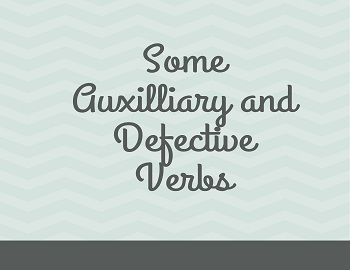
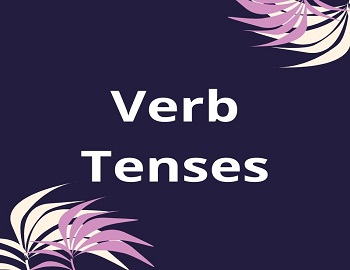
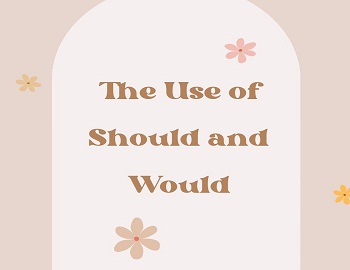
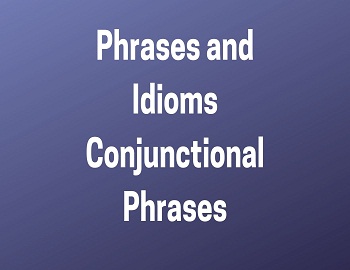
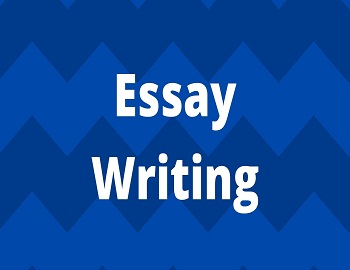
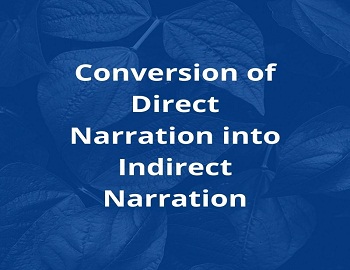

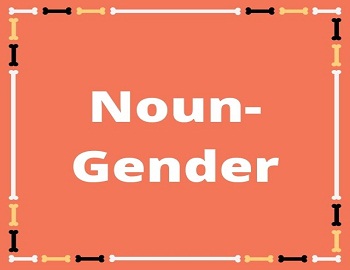
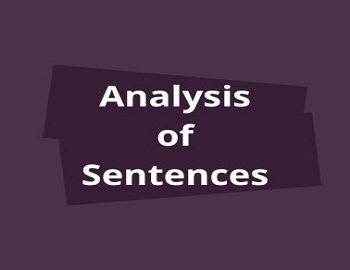
Comments (No)